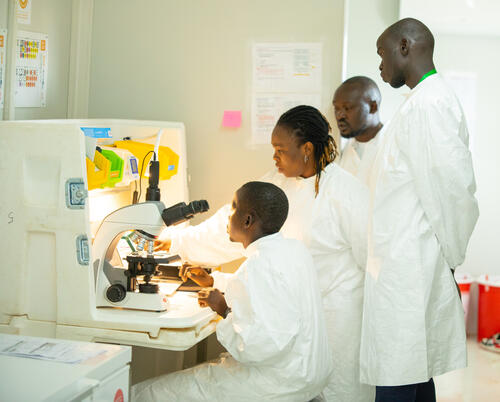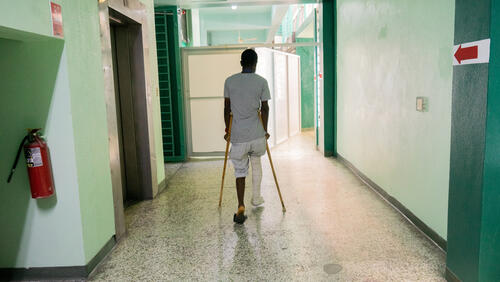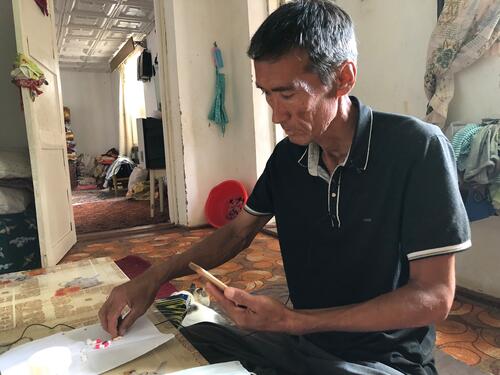Antimicrobial Resistance (AMR)
Antimicrobial resistance (AMR) is one of the most significant public health threats of our time that affects millions of people around the world.
Summary: What you need to know
- Antimicrobial resistance (AMR) contributes to millions of deaths every year
- Microorganisms that cause disease change in response to the use of medicines, leading to many drugs becoming less effective. These include antibiotics, antivirals, antifungals and antiparasitics
- Countries with low resources or those affected by conflict are the most affected by AMR, including Afghanistan, Iraq, North Syria, Gaza, and Yemen
What is antimicrobial resistance?
Antimicrobial resistance (AMR) is one of the leading health threats confronting humanity, with the potential to undermine medications that make up the foundation of modern healthcare, take millions of lives, cause massive economic harm, and exacerbate global inequalities.
AMR contributes to an estimated 4.71 million deaths associated with bacterial AMR, including 1.14 million deaths directly attributable to it.
In settings affected by armed conflict, natural disasters, epidemics, healthcare exclusion, or low resources, MSF has witnessed the increasing consequences of AMR and its impact on the effectiveness of patients’ treatments.
Latest AMR news and stories



What is antibiotic resistance?
Antibiotic resistance is a particular form of AMR which describes when bacteria change in response to the use of antibiotic medicines. AMR is a broader term which includes the response of other microbes such as fungi, viruses and parasites.
How does antibiotic resistance happen?
When a patient takes an antibiotic, it indiscriminately kills off the bacteria most sensitive to that specific drug. This includes not only bacteria causing any infection, but also the ‘colonising’ bacteria that are entirely normal and often essential for good health, for example in the gut.
The remaining bacteria may exhibit some level of resistance to the medication, and they multiply to repopulate the normal bacterial colonies in the body and on the skin, passing on their resistance to the whole population.
The more frequently you give someone antibiotics, the more resistant their colonising bacteria become, and if you use antibiotics from multiple different classes, they can become multiple-resistant.
How is MSF responding to AMR?
Since 2014, MSF has made reducing the problems posed by AMR a key priority, integrating it into our broader medical humanitarian efforts.
MSF is supporting medical teams in projects around the world to manage the use of medications to limit the risk of AMR. For example, we deliver specialist training in antibiotic stewardship.
Antibiogo
MSF teams have also developed a diagnostic aid medical device called 'Antibiogo' that aims to help doctors prescribe the most effective antibiotics to their patients.
TB Practecal
In 2022, MSF teams developed a six-month treatment that is safer and more effective at treating multidrug-resistant tuberculosis (MDR-TB) than the previous option. Before, the only option for people with drug-resistant TB was a gruelling two-year treatment with severe side effects and only a 50 percent survival rate.
The Broken Lens
In 2024, we published a new report about antimicrobial resistance in humanitarian settings and the gaps in our knowledge in this area.
